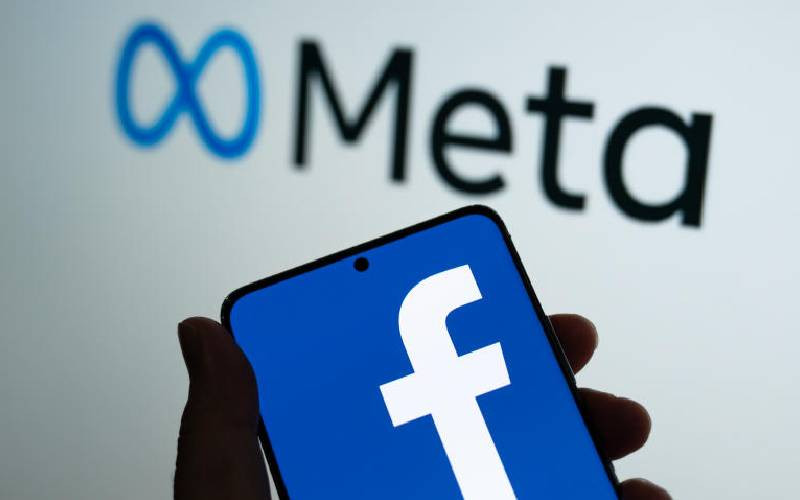×
The Standard e-Paper
Smart Minds Choose Us

The Employment and Labour Relations Court in Nairobi ruled recently that Facebook's parent company Meta had a case to answer over alleged labour and human rights violations committed by one of its contractors in Kenya.
In the landmark ruling delivered by Justice Jacob Gakeri, Meta failed to have its name struck out from a legal suit filed by former Facebook content moderator Daniel Motaung, who accuses the company and outsourcing firm Samasource of violating his rights and that of his colleagues.